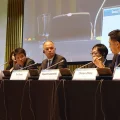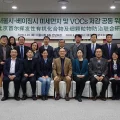Clean Air! East Asian Cities in Action
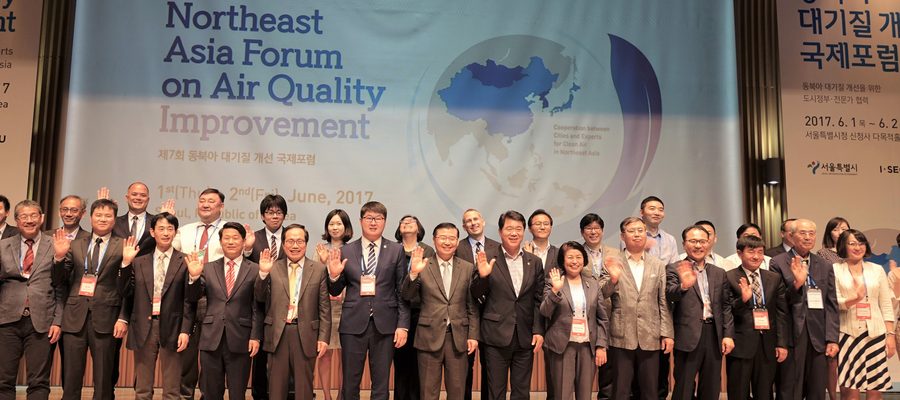
The 7th Northeast Asia Forum on Air Quality Improvement was successfully organized on 1-2 June, 2017 in Seoul, South Korea. Representatives from 13 Northeast Asian cities/provinces – Beijing, Chongqing, Hong Kong, Hunan, Jinan, Jilin, Sichuan, Tongren (China), Seoul (Korea), Kitakyushu, Kyoto, Tokyo (Japan), and Ulaanbaatar (Mongolia) – researchers, experts, and international organizations gathered at Seoul City Hall to exchange knowledge and experiences on air quality improvement, hoping to gather ideas for future actions.
In the opening address of the forum, Liu Gyoung-gee, Vice Mayor of Seoul, introduced the idea of a “respiratory community” united beyond national borders. The concept prevailed and was then picked up by various speakers throughout the forum.
“Air Quality is the basis for any other means of livelihood.” – Liu Gyoung-gee, vice mayor of Seoul
Throughout the 2-day forum, topics of the complexity of the problem of air pollution, the concerns and the reassurance that air quality improvement does not hinder economic growth, and the urgent need and hopes for regional cooperation were recurrently mentioned. In particular, measures that came up across various speakers include those on vehicular emissions and with private sector.
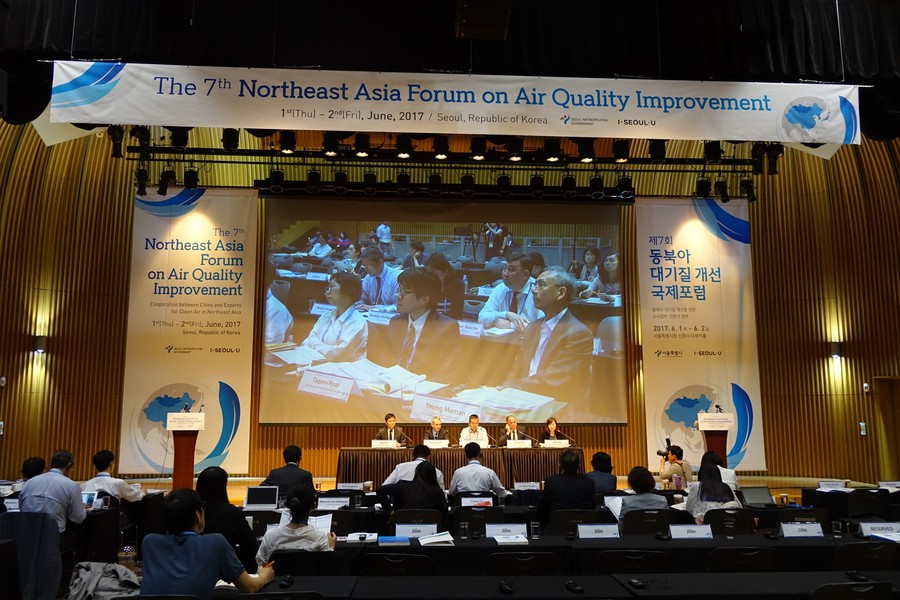
EACAC partners encouraged local governments to enhance their air quality-related policies through exchange on international platforms.
As a co-organizer of the forum and the Secretariat of the East Asian Clean Air Cities program, ICLEI East Asia Secretariat hosted the session East Asian Cities in Action – Local Practice and Regional Synergy through EACAC, on the afternoon of 1 June.
With a strong emphasis on regional cooperation, the session brought together representatives from Kitakyushu (Japan), Jinan city, Sichuan Province (China), and Ulaanbaatar (Mongolia), and EACAC partners, creating a space for cities to showcase their achievements, share the obstacles and struggles they are faced with, and an opportunity to seek for inspiring ideas and solutions.
While a number of local governments argued how economic development and growth came in parallel with air pollution, Kitakyushu demonstrated how they have managed to improve air quality without hindering economic growth.
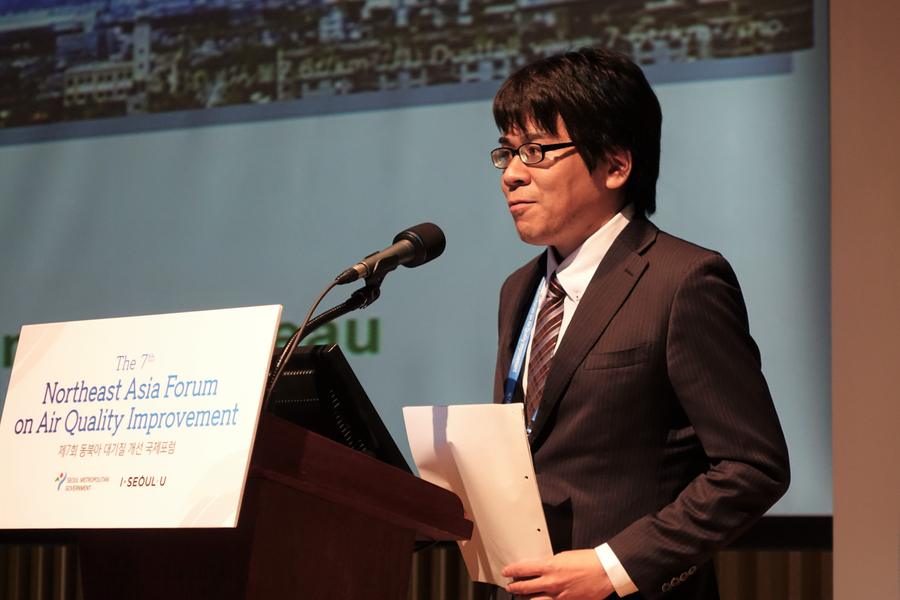
Tagami Ryuji showcased the experience of Kitakyushu
Jinan and Sichuan are striving to improve local air quality through emission inventory, pollution monitoring, and legislation; Ulaanbaatar is working under EACAC “Green Lung” project, which seeks to tackle air pollution through tree plantation in core pollution areas with citizen participation.
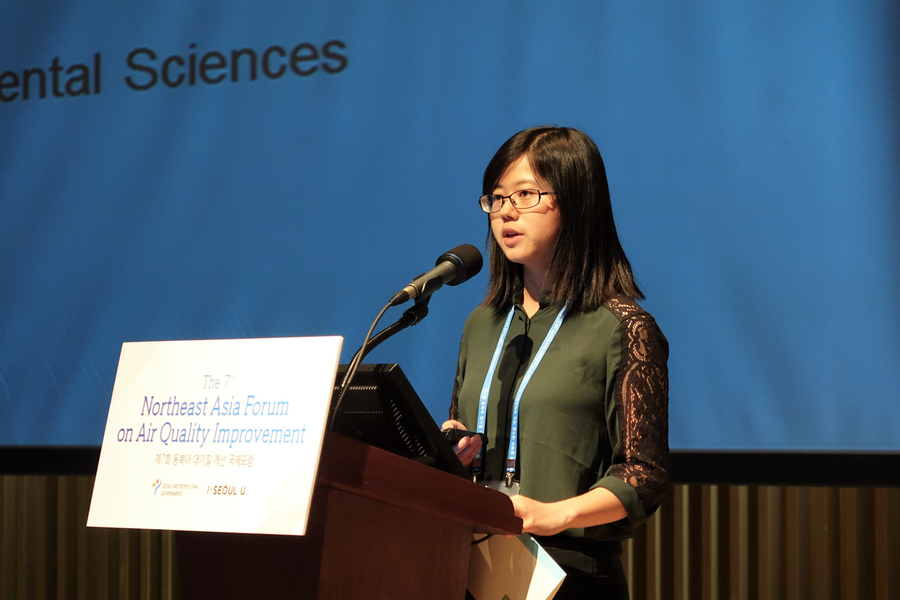
Min He presented the air quality situation in Sichuan.
As a key partner of EACAC, Climate & Clean Air Coalition (CCAC) introduced its ongoing program Breath Life, which works to provide authoritative air quality data and adaptable solutions and raise public awareness through generating materials and running social media campaigns.
During the panel discussion, EACAC partners Energy Foundation China, Institute for Global Environmental Strategies (IGES), and WWF China also presented their assistance to cities in the region, and further encouraged local governments to share their fruitful experiences and inspiring works with other cities through international platforms.


